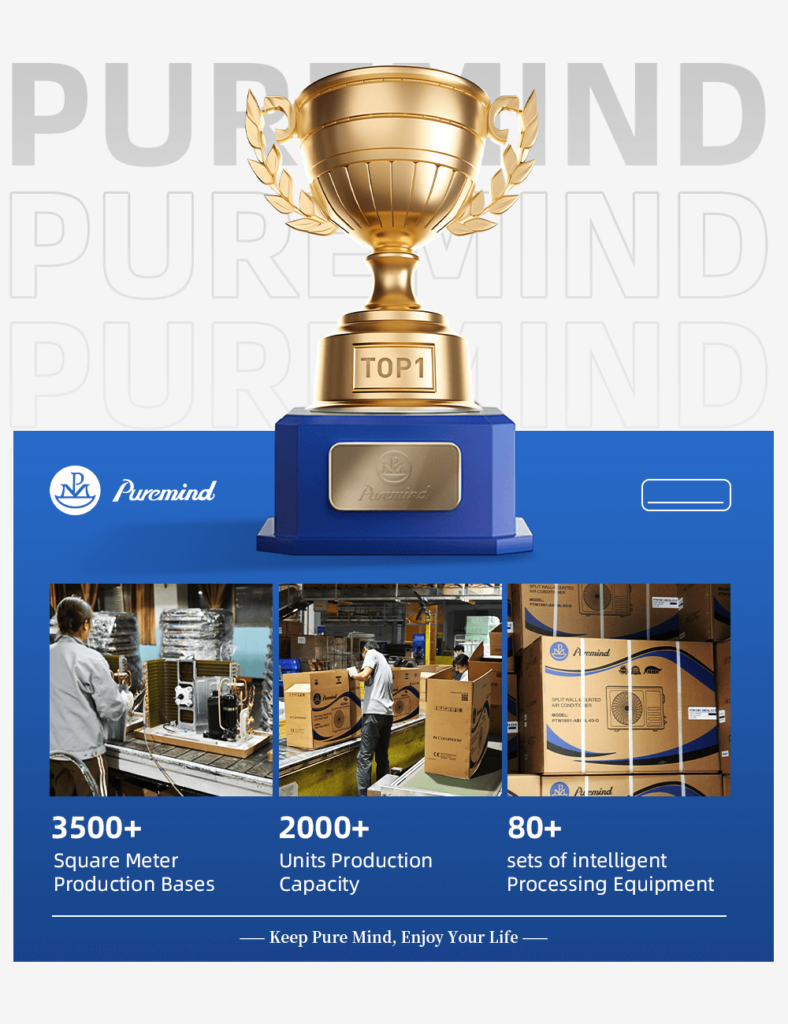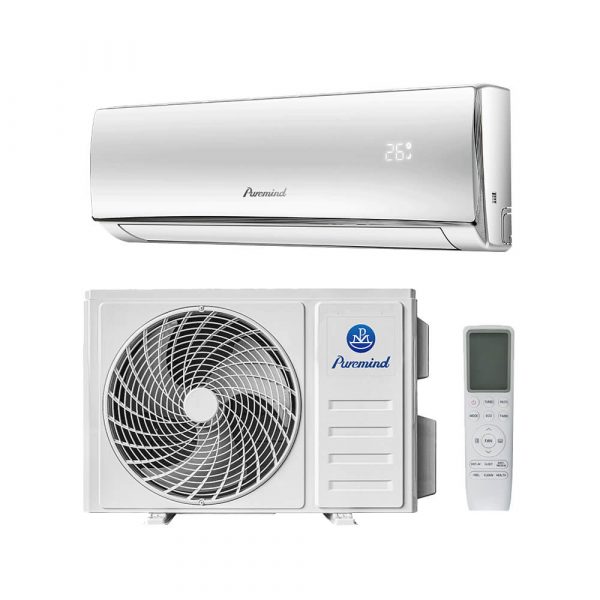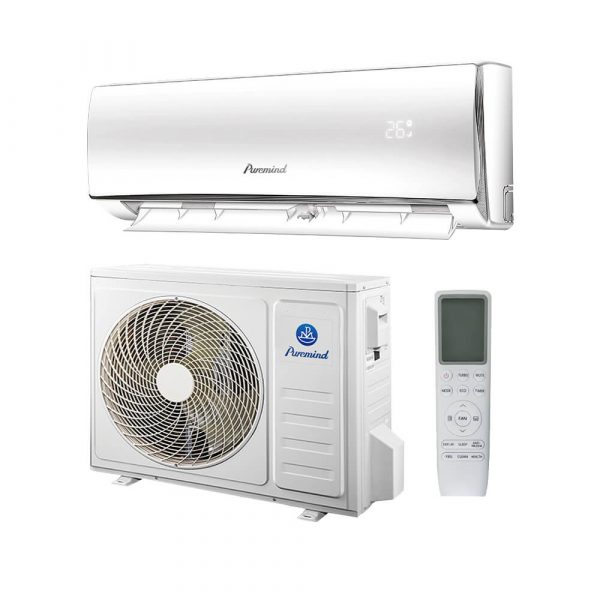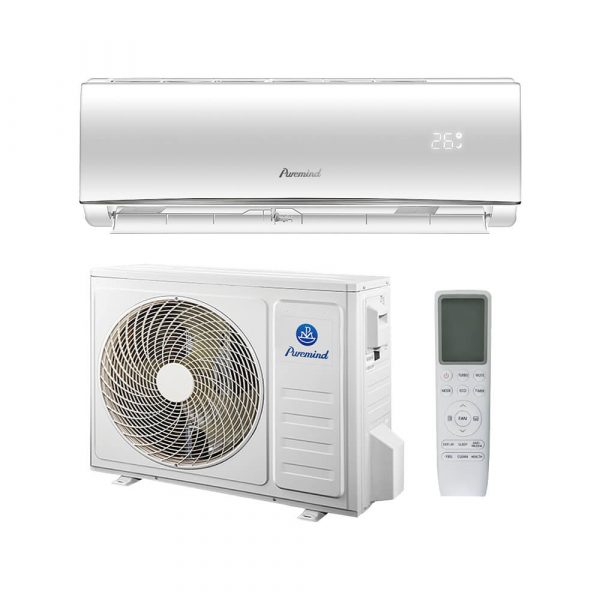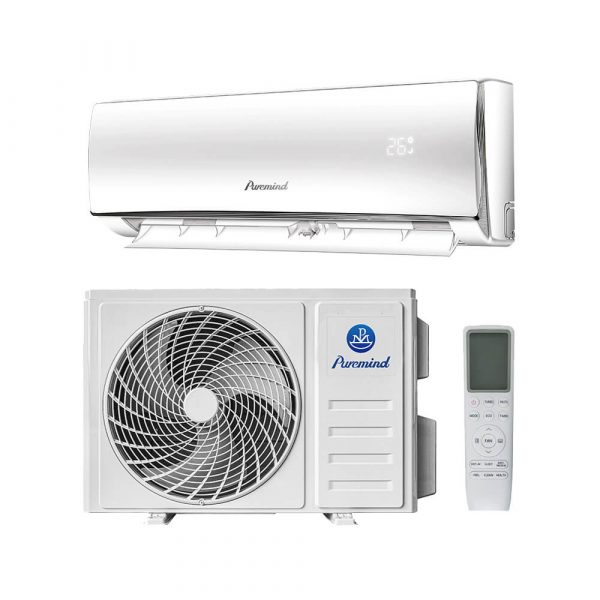AC Hotel Split Systems Guide for Wholesalers, Suppliers & Distributors
In the hospitality industry, maintaining optimal comfort for guests is critical. An AC hotel split system offers an efficient, quiet, and flexible cooling and heating solution for hotels of all sizes. For wholesalers, suppliers, and distributors, understanding the technology, benefits, and applications of hotel split systems is essential for meeting the growing demands of the accommodation sector. This guide explores how these systems work, their advantages, and why they are increasingly preferred in modern hotel projects.
What is an AC Hotel Split System?
An AC hotel split system is a type of air conditioning setup designed specifically for hospitality environments. It typically consists of an outdoor condenser unit and an indoor air-handling unit, connected via refrigerant lines. This configuration allows each guest room or suite to have its own independent climate control, ensuring personalized comfort while optimizing overall building efficiency.
Main Components
- Outdoor Unit: Houses the compressor and condenser coil.
- Indoor Unit: Wall-mounted, ceiling cassette, or concealed ducted type for a sleek appearance.
- Refrigerant Lines: Connects the indoor and outdoor units without bulky ductwork.
- Control Systems: Includes remote, wall-mounted thermostats, or smart hotel management integrations.
Benefits of AC Hotel Split Systems
Installing an AC hotel split system provides advantages for both hotel operators and guests:
- Guest Comfort: Independent control in each room allows guests to set their preferred temperature.
- Energy Efficiency: Units only operate in occupied rooms, reducing waste.
- Quiet Operation: Minimal indoor noise ensures a relaxing environment.
- Design Flexibility: Multiple indoor unit styles to match hotel interiors.
- Compliance: Many systems meet efficiency standards recommended by Buildings.com and industry regulators.
Applications in the Hospitality Industry
The AC hotel split system is used across various hotel segments:
- Luxury resorts with premium guest comfort requirements.
- Mid-range hotels aiming for a balance between efficiency and comfort.
- Boutique hotels that require unique room design integration.
- Extended-stay facilities where guests expect long-term climate control.
Example: Split Air Conditioner Product Category
Within the split AC family, many models are designed to suit hotel needs, from compact wall-mounted systems to concealed ducted units. Distributors can explore the split air conditioner category for a variety of solutions to fit different hotel layouts and budgets.
Technology Features in Modern Hotel Split Systems
- Inverter Compressors: Provide precise temperature control and reduced energy usage.
- Smart Room Integration: Connect with hotel management systems for automated temperature adjustments.
- Motion Sensors: Detect occupancy and adjust operation accordingly.
- Advanced Filtration: Improves indoor air quality, an important factor in guest satisfaction.
Market Trends Driving Adoption
The demand for AC hotel split systems is increasing due to:
- Guest expectations for personalized comfort.
- Hotel operators seeking to reduce operational costs.
- Green building certifications requiring energy-efficient systems.
- Renovations in older hotels that cannot accommodate central ductwork.
Benefits for Wholesalers, Suppliers, and Distributors
By adding hotel split systems to their portfolio, supply chain partners can:
- Tap into the growing hospitality market.
- Offer complete solutions for new builds and retrofits.
- Build relationships with hotel chains and property developers.
- Provide value-added services like installer training and system design consultation.
Installation and Maintenance Considerations
Hotel split systems offer straightforward installation compared to central systems, but attention to detail is key:
- Ensure proper refrigerant line routing to avoid performance loss.
- Place indoor units for optimal airflow and minimal guest disturbance.
- Regular maintenance schedules to maintain peak efficiency.
- Training hotel maintenance teams on system operation and troubleshooting.
Compliance and Industry Standards
Most reputable AC hotel split systems meet or exceed standards for efficiency, safety, and environmental impact. This compliance not only benefits hotel operators but also supports sales by qualifying systems for local rebates and incentives.
Sales and Marketing Strategies
- Highlight case studies from hotels that improved guest ratings with upgraded split systems.
- Emphasize energy savings and ROI in sales pitches to hotel management.
- Promote the health benefits of improved air quality through advanced filtration.
- Partner with hotel design firms to integrate systems seamlessly into new projects.
Conclusion
The AC hotel split system is a high-value solution for hotels seeking to combine guest comfort, energy efficiency, and operational flexibility. For wholesalers, suppliers, and distributors, it represents a growing product category with strong market potential. By understanding its features, applications, and market drivers, industry professionals can better position themselves to serve the hospitality sector effectively.
